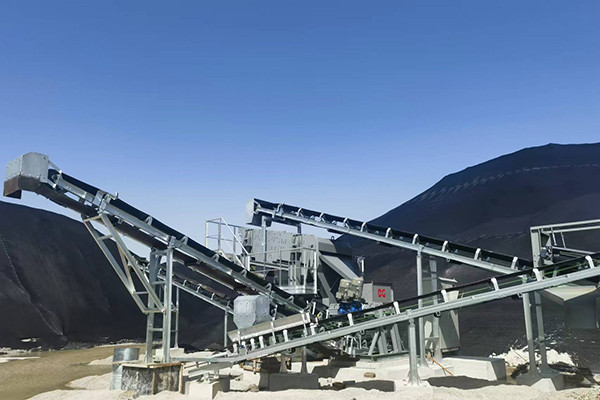Stone crushing plants play a crucial role in the construction and infrastructure development industries. However, their operations pose significant environmental challenges that warrant careful consideration. One of the primary concerns is air pollution, as the crushing process generates dust and particulate matter, which can adversely affect the air quality in the surrounding areas. This dust not only poses health risks to workers and nearby residents but can also harm vegetation and wildlife. Additionally, the noise generated from heavy machinery and crushers can disturb local ecosystems, impacting animal behavior and potentially leading to the displacement of species.
Another major environmental concern linked to stone crushing plants is the potential degradation of land and water resources. The extraction of stones often involves the removal of topsoil and vegetation, resulting in habitat destruction and soil erosion. This loss of vegetation can disrupt local ecosystems and lead to increased runoff, which negatively affects water quality in nearby rivers and streams due to sedimentation and contamination from chemicals used in the crushing process.
Moreover, the operations of these plants can lead to increased traffic and congestion in the area as raw materials are transported to and from the site. This not only contributes to carbon emissions but also puts additional strain on local infrastructure. Furthermore, improper management of waste materials generated during the crushing process can result in further environmental hazards, including soil and water contamination.
Overall, while stone crushing plants are essential for modern construction, their environmental impact cannot be overlooked. Implementing effective measures to mitigate these impacts, such as dust suppression techniques, proper waste management, and adherence to environmental regulations, is crucial for sustainable development in the industry. As awareness of environmental issues continues to grow, the industry must balance economic needs with ecological responsibility.
Content Disclaimer
The content provided on this website is for informational purposes only. Some of the information, articles, images, and other materials available on this site may be sourced from third-party websites and public domain resources. While we make every effort to ensure the accuracy and reliability of the information, we do not take responsibility for the content provided by external sources.
